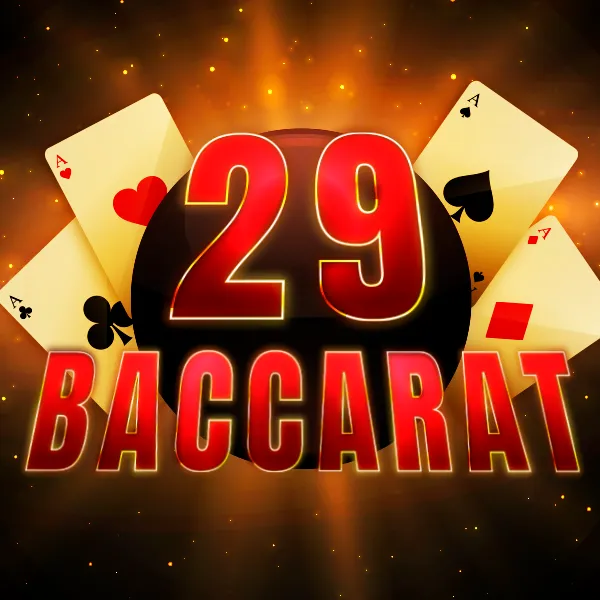Online poker entices players all over the world, creating excitement in melding technique, strategy, and courteous social interaction. Specialty deals make the experience even better, providing option to new as well as experienced players and an opportunity to improve their play. Here in this blog, we will take you through the easy steps in enrolling for online poker games and discover the best deals on hand.
Step 1: Find the Best Online Poker Rooms
In order to begin your journey with online poker, it is crucial to find trustworthy poker rooms. There are several platforms available; thus, it is essential to conduct thorough research. Look for sites licensed and regulated by authorities because they provide a safe and fair gaming experience. It’s also good to read the reviews and rating from other users to gauge the quality of the poker room. PokerScout or Trustpilot sites can provide information about other users’ experience.
Step 2: Check Bonus Offers
After you’ve cut down the list to several poker rooms, you can begin to compare the bonus structures at each. Online poker rooms try to entice new players with all forms of promotions from welcome bonuses to matching deposits to no-deposit promotions. See the terms and conditions of each since they vary significantly. Check for the following major elements:
Bonus Value: Discover the bonus value and compare it with other sites.
Rollover Requirement: Inspect the play-through requirement; less is better.
Eligibility: Some bonuses are provided only from certain locations or using certain payment methods.
Time Limits: Make sure to see any time limit for cashing in bonus.
Step 3: Open an Account
After you have chosen your favorite poker room and gone through the offer of bonuses, you will have to open an account. Easy sign-up procedures are used by the majority of online poker rooms. You will usually be asked to give personal information such as your name, e-mail address, birthday, and identification documents at times. Make sure that you enter correct information since it will be more difficult to register your account if any discrepancies are found.
Bonus enrollment will bring you to enter the promo code of the bonus that you want to use. The enrollment is important since failing to enter the promo code will result in losing your bonus.
Step 4: Your First Deposit
Once your account is opened, you need to fill out the account. Most poker playing accepting websites provide more than one source of funding, including credit cards and e-wallets and bank transfer. Your initial deposit needs to be at least some minimum value if you want to be eligible for the sign-up bonus, and sites usually also make it worthwhile to choose payment methods that are accepted by your incentives, as bonuses also only prefer specific payment methods.
Upon completing your deposit, the corresponding bonus should be credited to your account. Check your account balance and ensure that the bonus has been applied.
Step 5: Start Playing and Meet the Bonus Requirements
Well done, you’ve registered and received your welcome bonus. You can now play online poker. But, naturally, you’ll only get to enjoy the gain if you fulfill the rollover requirement set out in the terms and conditions. It’s typically a number of hands or loyalty points to be accumulated.
As you play, don’t forget to implement strategies which will assist you in improving your poker game. Master the skill of the game’s rules, ace the skill of bankroll management, and analyze your games periodically so that you’re never left unprepared.
Conclusion
Signing up for Best online poker games in India with exclusive bonuses will enhance your experience a lot, as long as you do it intelligently and strategically. Through research on well-known poker rooms, knowledge of terms of bonus promotions, creating an account, depositing first, and actively participating in gameplay, it is likely that you will increase your opportunities for winnings from exclusive offers. May skills be honed, wins be gained, and fun increase as you start using online poker.
Frequently Asked Questions:
How do I sign up for a Best online poker games?
Visit a legitimate online poker site, hit ‘Sign Up’ or ‘Register’, input your information, and complete activation by clicking the confirmation link provided via your email address or SMS.
Do new players receive special bonuses?
Welcome bonus, match deposit bonus or free chips is offered by most of the online poker sites as an introductory offer to new players in order to kick-start their gaming experience
What do I have to send for confirmation?
ID verification, address verification, and sometimes a selfie for identification.
Can I redeem bonuses on any kind of poker game?
Not all, as some bonuses are only redeemable on particular types of poker depending on their terms and conditions.
Are there rules against cashing in bonus winnings?
Yes, you have to usually fulfill some wagering requirements that must be achieved before you can withdraw your winnings.









